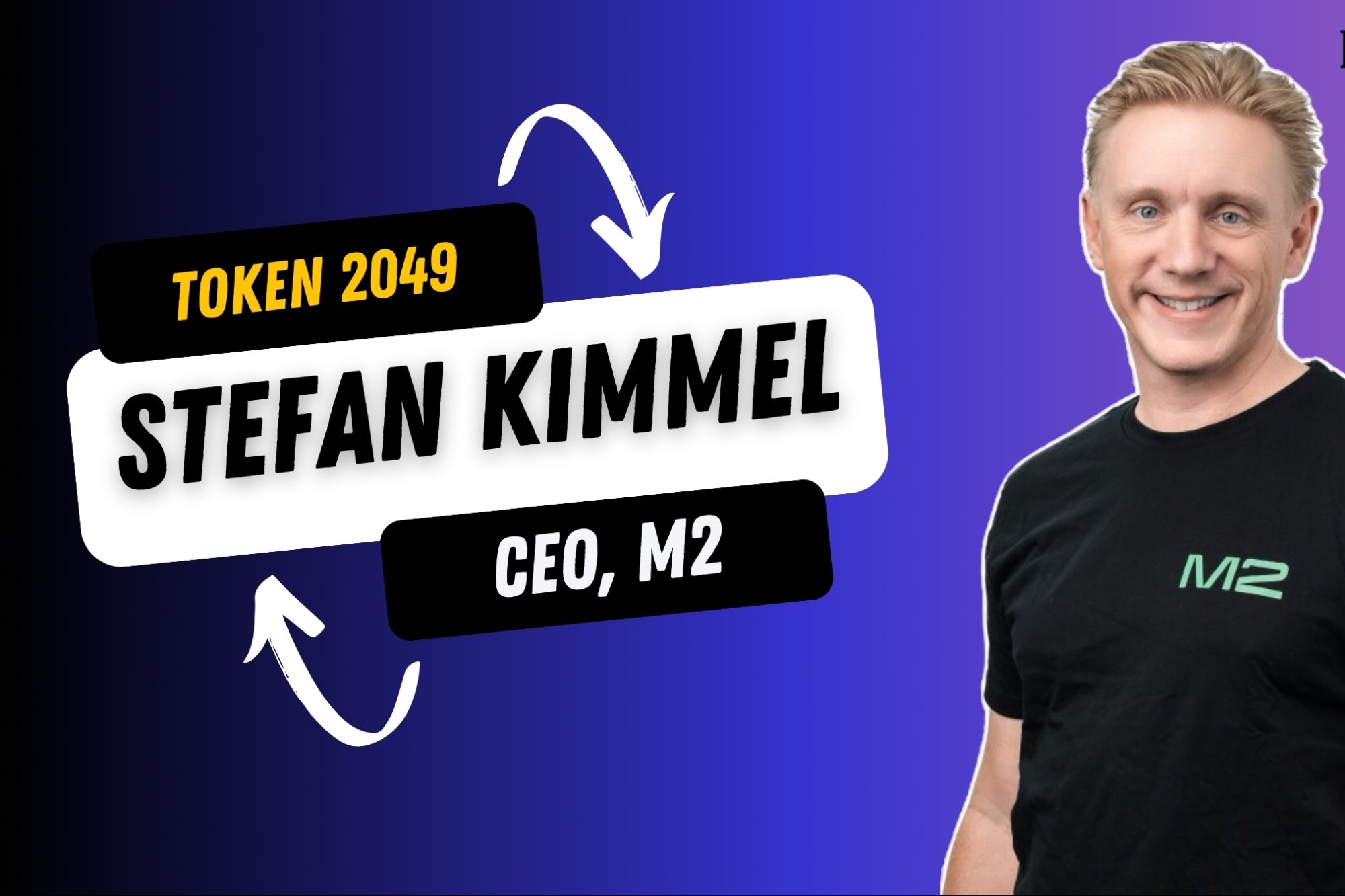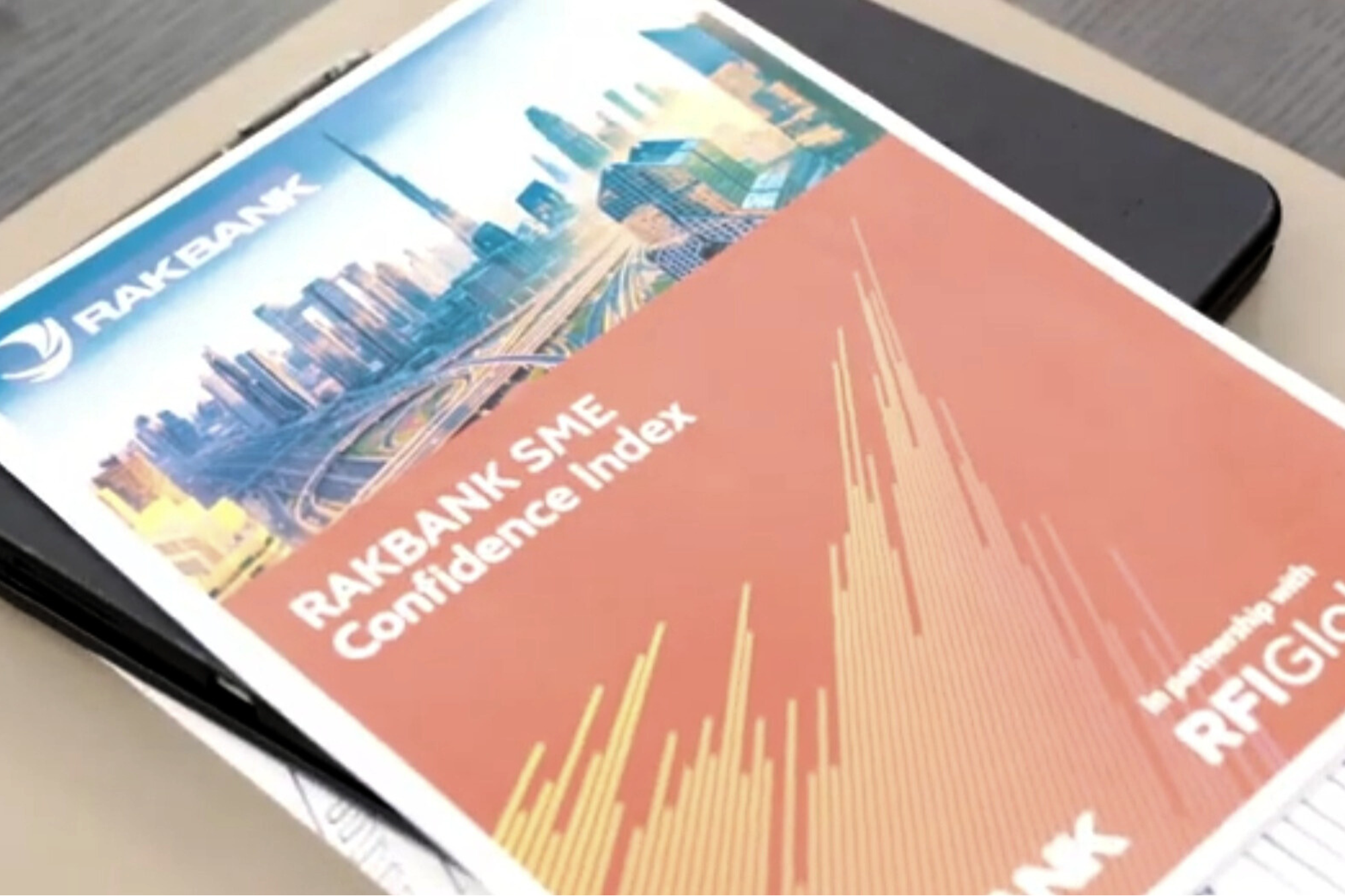What's With The Sub-Brand? The Fallacy Of Age-Based Market Segmentation With many brands launching youth-specific products, one wonders if they could change the experience of the parent brand itself.
By Amol R. Kadam •
Opinions expressed by Entrepreneur contributors are their own.
You're reading Entrepreneur Middle East, an international franchise of Entrepreneur Media.

Lately, I have been seeing a pattern that is disturbing the experience designer in me. If you are in the MENA region and are a part of marketing industry, you would have noticed it too- take a look at some of the new product launches that we have seen in the recent past:
- Commercial Bank of Dubai launches CBD NOW
- STC launches Jawwy
- EITC launches Virgin
- Etisalat launches Swype
- Emirates NBD launches Liv
- Mashreq launches Neo
Given the above examples, it appears to be a pattern now that many established brands are suddenly launching youth-specific brands. Now, there might be a very logical reason as to why the marketing experts and leaders at these brands thought they need a sub-brand to appeal specifically to the youth, their newfound target segment. But the way I see it is that these launches are not about bringing forward a new proposition that appeals to the youth, but it's more about these brands trying to become -or rather, pretend to be- young themselves.
Think about it: millennials, as these marketers are segmenting them, were born between 1981-2000, and well, they have existed for few years now, but all of a sudden, there appears to be a need to segment this overall audience by age? In addition, if you look at the offerings or propositions of these new "young" brands, why is that they believe only millennials need these services or features? A mobile-only bank with a better user experience, or an app-managed flexible mobile plan- honestly, which part of the market segment would say no to these? And why?
Even if we accept that millennials are more exposed to the digital lifestyle and demand brands to be more user-centric and agile, this whole segmentation based on age looks flawed. Does this mean that the "young" generation that came before are not important? According to Marketing Week columnist Mark Ritson, segmenting an audience purely based on age is "stupid," and targeting millennials "makes a mockery of just about every principle of basic segmentation." This is true especially if you are carving out a sub-brand specially to target them, and in theory alienate others.
All of this is not to say that brands shouldn't react to new opportunities opened up by segmentation. They should. There are brands who have had a successful shot at this. Marriott is one example of such sub-brand. Waitrose Essentials is another example, with the retailer looking to expand its appeal and attract more young consumers by offering a different value proposition. Such efforts work, when the sub-brand elevates the parent brand, and not when it detracts from it.
So, when we see the launch of such young brands, one wonders: is it a case of these legacy brands, many of which have such a baggage of history with them, trying too hard to fit in? Why couldn't they just change the way the parent brand is perceived by changing and embracing this new way in to their core? Sure, it would have been a slow process, but in the long run, wouldn't it be more sustainable? If you're a major established brand, why can't you keep reinventing yourself for future audiences, as well as for your existing users that have evolved? Why can't you keep pace with it?
From a personal perspective, I am not supposed to be part of this millennial segment, but when a brand reinvents itself to offer user-centric features and services only based on age-segmentation, does this mean that I or any other age group would not be interested in it? Was changing the core brand to become more user-centric and experience driven impossible? Or was this the easy way out? There are around two billion people on the planet born between 1981 and 2000. But the idea that this entire generation all want the exact same proposition (specially in this diverse market), or think in similar ways is clearly flawed. At the same time, the idea that they are totally different from other older cohorts in significant ways is superficially persuasive, but it turns out to be equally nonsensical.
What I would have loved to see is all such new features, services, enhanced user experiences, paperless modus operandi, and promises of a more user-centric and agile brand getting embedded in the core brand- the brand that we have been having a relationship with for many years now. It would have been great to see them change with us, rather than thinking that we don't need their refreshed avatars. We're all consumers, after all- and it simply doesn't make sense that users of a particular age bracket are somehow more suited for better products. In essence, the thing to remember is: all of us are worthy of better products and services!
I'm eager to hear what you think about this- tweet your thoughts at me @amolkadam!
Related: The Design Advantage: How To Make Your Business Stand Out In Today's Market












